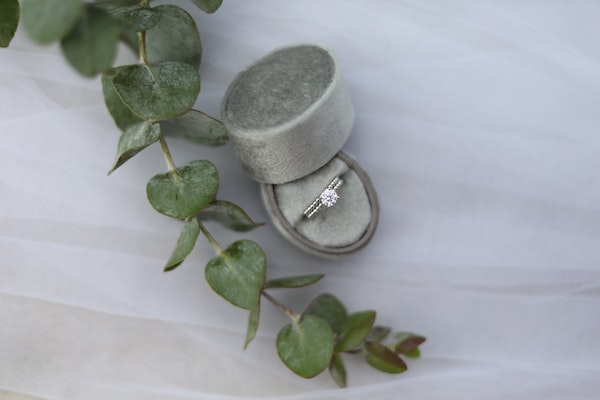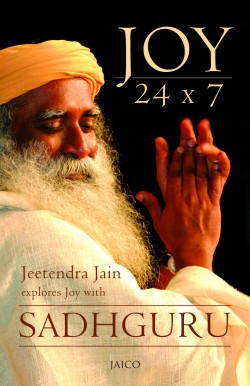
Most ancient societies required a secure environment for the perpetuation of the species, a type of system of rules to handle the granting of property rights, and a way to protect their bloodlines. The institution of marriage managed these needs.
The first recorded evidence of marriage ceremonies uniting one woman and one man dates from about 2350 B.C., in Mesopotamia. Globally, there are numerous wedding traditions, many of which are geared to creating a successful and long marriage. For instance, in Holland, a pine tree is planted as a symbol of fertility and good luck. Ancient Greeks and Romans thought the veil protected the bride from evil spirits.
In many countries—such as India, China, Pakistan, Japan, Israel, and Iran—arranged marriages are still set up by parents or relatives who believe that is the best method to ensure a lasting marriage. However, arranged marriages have declined due to social mobility and increasing individualism, so is it an outdated process?
Are arranged marriages outdated and regressive, or is there something about them that is relevant in today’s times? Sadhguru answers.






